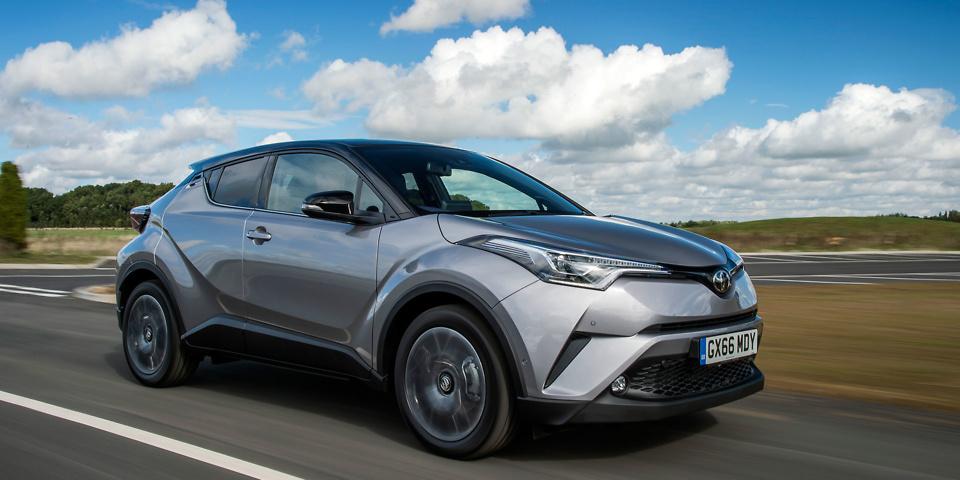Pulse of Information
Your source for the latest insights and updates.
Why Hybrid Cars Are the Secret Weapon Against Rising Fuel Prices
Discover how hybrid cars can help you beat soaring fuel prices and save big at the pump! Unlock the secret to smart driving today!
How Hybrid Cars Help You Save Money on Fuel in Today's Market
Hybrid cars have become an increasingly popular choice for environmentally conscious consumers and budget-savvy drivers alike. With soaring fuel prices and growing environmental concerns, these vehicles combine a traditional gasoline engine with an electric motor, resulting in impressive fuel efficiency. According to recent statistics, hybrid cars can offer fuel economy improvements of 20-35% when compared to their conventional counterparts. As a result, owners benefit from fewer trips to the gas station, ultimately translating into significant savings on fuel expenses.
Moreover, hybrid cars often come with additional financial incentives that make them even more appealing. Many governments offer tax rebates, credits, or cash incentives for purchasing a hybrid vehicle, which can further offset initial costs. Additionally, maintenance costs for hybrids can be lower, as they typically experience less wear and tear on the engine and brake systems. By investing in a hybrid car, drivers not only contribute to a more sustainable environment but also secure long-term savings in an unpredictable market.

The Environmental Benefits of Driving a Hybrid Car: More Than Just Fuel Savings
Driving a hybrid car offers significant environmental benefits that extend far beyond mere fuel savings. These vehicles combine a traditional internal combustion engine with an electric motor, resulting in reduced greenhouse gas emissions. According to studies, hybrid cars can emit up to 40% less carbon dioxide (CO2) compared to their gasoline-only counterparts. Additionally, they often utilize regenerative braking systems, which not only increase fuel efficiency but also reduce wear and tear on traditional brakes, contributing to less waste and pollution in the environment.
Moreover, hybrid cars help decrease reliance on fossil fuels, promoting a shift towards more sustainable energy sources. By utilizing a smaller gasoline engine and relying more on electric power, hybrids contribute to lower daily fuel consumption. This shift leads to a decrease in the demand for oil, helping to lower the environmental degradation associated with fossil fuel extraction. The cumulative impact of widespread hybrid adoption could lead to a substantial reduction in air pollution, which results in improved public health outcomes and a more sustainable ecosystem. Embracing hybrid technology is not just a choice for personal savings but also a step towards a cleaner planet.
Are Hybrid Cars Worth It? A Deep Dive into Cost-Effectiveness and Fuel Efficiency
The question of whether hybrid cars are worth it often hinges on their cost-effectiveness and fuel efficiency. When comparing initial purchase prices, hybrid vehicles typically cost more than their traditional gasoline counterparts. However, this upfront investment may be offset by lower long-term fuel costs and potential tax incentives. Over time, the savings on fuel—often 20% to 50% better than conventional cars—can lead to significant financial benefits, making the higher initial price a worthy consideration for many buyers.
In terms of fuel efficiency, hybrid cars excel thanks to their combination of a gasoline engine and an electric motor. This technology enables them to consume less fuel, especially in urban driving conditions where frequent stops and starts are common. For buyers who primarily drive in the city, hybrids can dramatically reduce fuel expenditures. Additionally, many models offer features such as regenerative braking, which further enhances their efficiency. Ultimately, while the decision to invest in a hybrid vehicle requires a careful analysis of personal driving habits and finances, the potential for significant savings and environmental benefits make them an appealing option for many consumers.